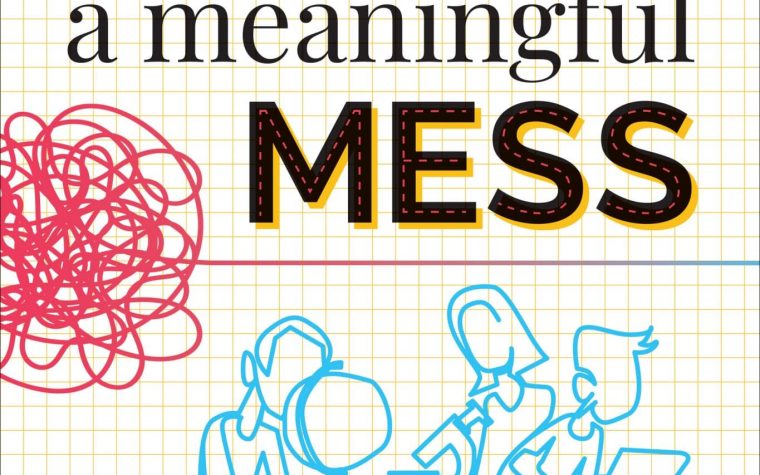
All Rights Reserved © 2025. Texas Association For the Gifted and Talented.
Disclaimer: The views and opinions expressed in TEMPO+ articles and advertisements do not necessarily reflect a TAGT position. Articles shared are intended to inform members about the conversations affecting those in our field.